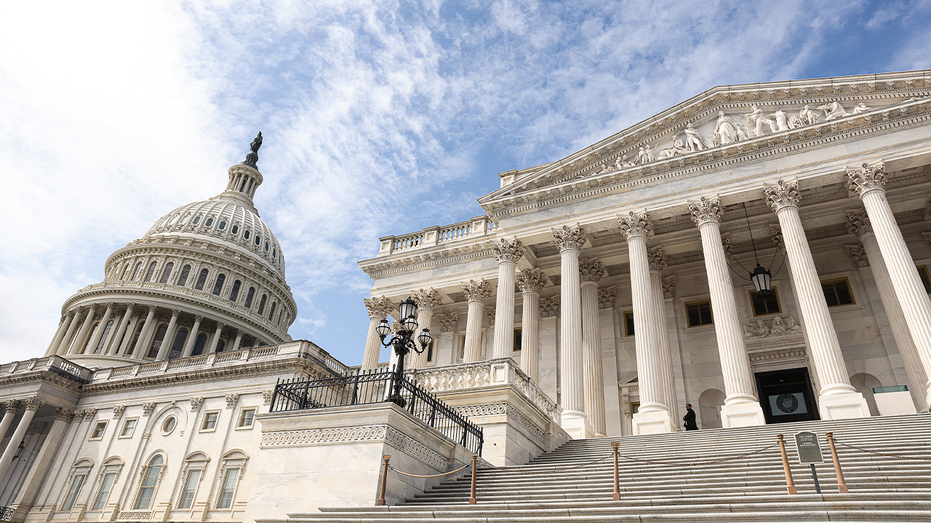A crucial test vote looms in the Senate, potentially as early as tomorrow, on a revised Republican proposal to finally break the government shutdown. The bill aims to fund several key areas – including the Agriculture Department, vital for SNAP benefits, the Veterans Affairs Department, military construction, and general congressional operations – extending into late January and, for some, through September 2026.
This emerging agreement appears to be a straightforward spending measure, conspicuously absent of any provisions to renew Affordable Care Act subsidies. Securing its passage demands a significant hurdle: 60 votes, necessitating bipartisan support from across the aisle. Attention is focused on a specific group of Democratic senators whose votes could be pivotal in overcoming a potential filibuster.
Senators Dick Durbin, Jeanne Shaheen, Jack Reed, Jon Ossoff, John Fetterman, Catherine Cortez Masto, Maggie Hassan, Gary Peters, Angus King, and Patty Murray are all under scrutiny. Murray, a key figure as the top Democrat on the Senate Appropriations Committee, reportedly secured important concessions within the fragile agreement. The entire coalition remains precarious, susceptible to collapse.
Should the Senate successfully overcome the filibuster, a path to reopening the government quickly emerges. A final vote could even occur as soon as Sunday night, contingent on reaching a time agreement for debate. However, progressive factions, disappointed by the lack of healthcare provisions and feeling betrayed by their own party, may attempt to prolong the process.
This potential obstruction could push the final Senate vote to Tuesday or beyond. Conversely, the urgency of preventing disruptions to SNAP benefits might incentivize Democrats to expedite proceedings. The House of Representatives stands on 48-hour notice for a potential return, likely aligning with the Senate’s schedule, though a quicker recall remains possible.
The House’s stance on the legislation remains uncertain, but widespread Republican support seems probable. Moderate Democrats, including Representatives Tom Suozzi, Marie Gluesenkamp Perez, and Jared Golden, could also provide crucial votes, particularly if Republican support falters. Golden, who previously supported a similar measure, has announced his retirement.
A further complication arises with the potential swearing-in of Representative-elect Adelita Grijalva. Democrats will likely protest if she isn’t sworn in before a House vote, altering the chamber’s balance to 219 Republicans and 214 Democrats. This shift means Republicans can only afford to lose two votes without needing Democratic assistance.
Internal Democratic divisions are expected to erupt once the filibuster is broken, particularly between those supporting the agreement and those demanding healthcare funding. A widening rift between House and Senate Democrats is also anticipated. The possibility exists that Senate Democrats maneuvered to end the shutdown, leaving their House counterparts without the promised healthcare guarantees.
The current situation suggests a high-stakes gamble, where a risky political shutdown strategy may yield no tangible benefits regarding healthcare funding. The coming days will reveal whether a fragile compromise can hold, and at what cost to party unity and long-term political relationships.






